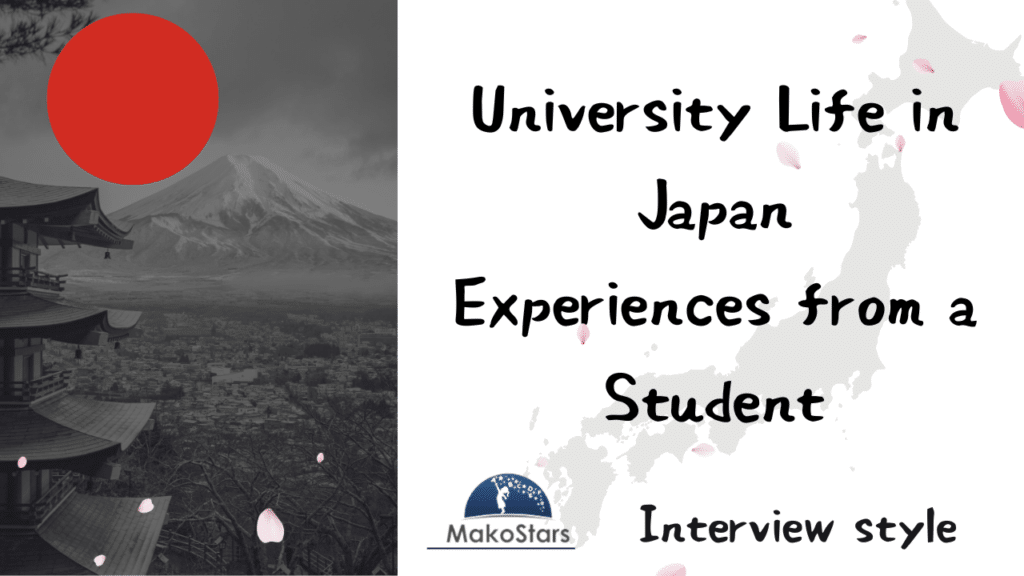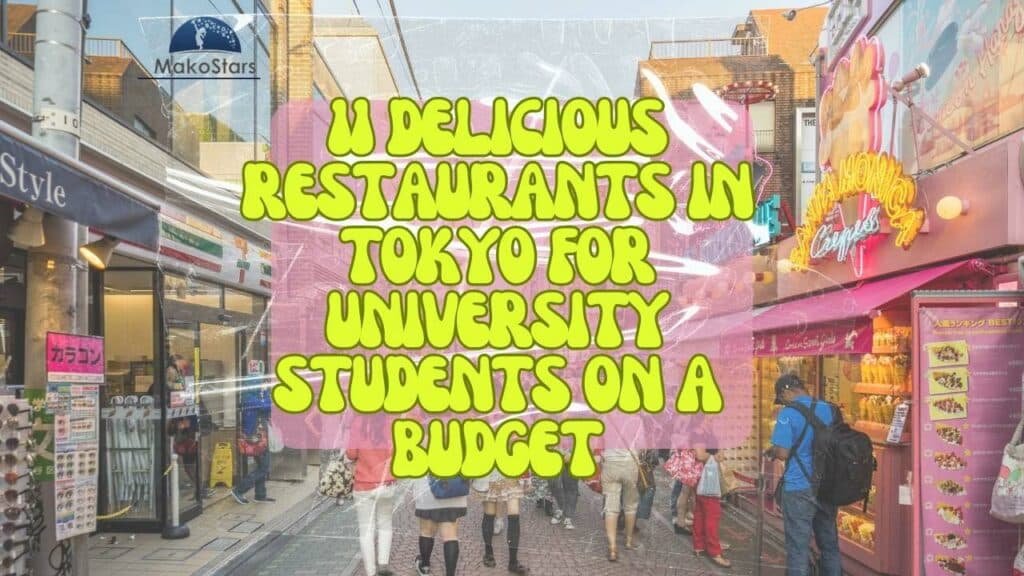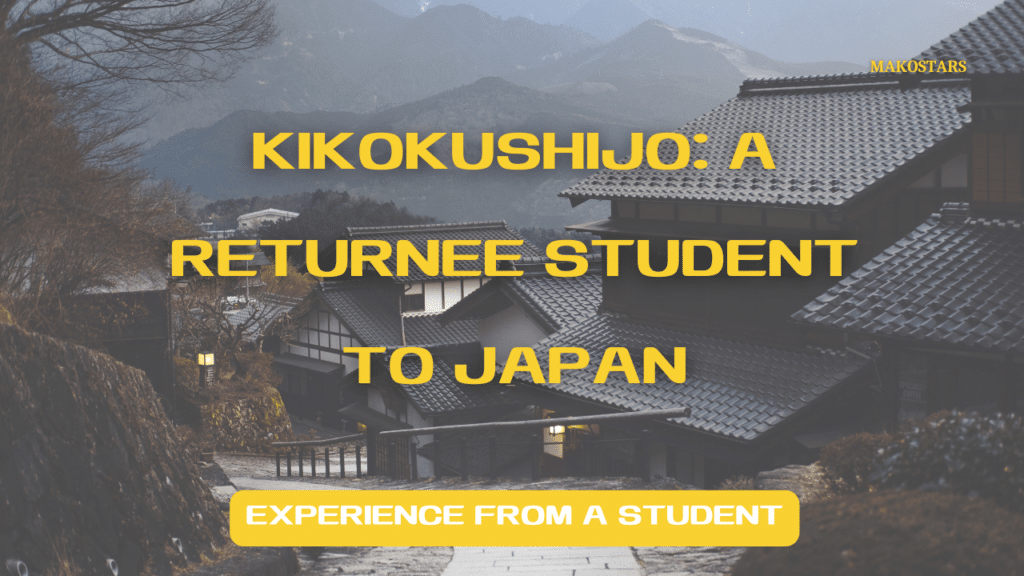What is a Kikokushijo?
The term kikokushijo, is a Japanese term used to refer to children who have lived overseas, for more than a year, due to their parent’s occupation and have returned to Japan. In Japan, this term has mixed connotations as they are often portrayed as coming from a privileged household with English skills. According to the Japanese Ministry of Foreign Affairs (MOFA), 1.36 million Japanese families are estimated to be living overseas. Today, the image of kikokushijos has transformed into that of an elite group that enjoys the privileges in Japanese education and the labor force. One of the most common struggles amongst kikokushijos is the ambiguity of their cultural identity and difficulty in adjusting to Japan socially and culturally. Moreover, the longer they live outside of Japan, the stronger this ambiguity becomes. While they “look” Japanese, they do not feel 100% Japanese on the inside but rather lay on some kind of spectrum.
My personal experience as a kikokushijo
Returning to Japan after living abroad for most of my life, I have encountered and experienced the ups and downs of being a kikokushijo. While I have not found assimilating to Japanese culture and society as for other of my peers challenging, I do at times feel distant from Japanese society. I returned to Japan for university in 2020 and the university application process wasn’t difficult but was smooth. Thankfully, there is a considerably large community of kikokushijo at my university and my department so I am able to connect and relate with others which is reassuring.
With that being said, one of the biggest struggles I have encountered as a kikokushijo is the language barrier. While living abroad provided me with fluency in English, my Japanese language ability is not as strong. For example, I struggle with not being able to communicate properly, especially in keigo (“honorific Japanese language”). This is a daily struggle I face at my part-time job where I need to use keigo with customers, co-workers, and superiors.
Moreover, writing and reading in Japanese is a huge struggle for me since I spent most of my life studying in English. While not all kikokushijos have this language barrier, many do or have faced some sort of language issue.
Job-hunting in Japan for kikokushijo is also a struggle. I will face this issue in a few years. The job hunting process in Japan is still very traditional and understanding the mannerisms and language is a crucial factor of success. While some say, kikokushijos have an advantage for being able to speak another language besides Japanese, being close to fluent in Japanese is a requirement that is worrisome to many. I will face this issue in a few years, and I know I must continue to practice my Japanese to gain fluency and confidence.
Read more about University Life In Japan with an Interview Style article here.

My time living abroad
Even with the Japanese language struggles, I am thankful for being a kikokushijo, as I had a wide range of experiences and opportunities. I was born in Mexico City and lived in Mexico, Peru, Japan, Singapore, Spain, and Chile for my father’s job. Having this unique experience of growing up in several cultures has provided me with various memorable moments that I could have not experienced if I grew up in Japan. One of the most notable memories I have is the process of moving to a new country and adjusting to the culture and way of life of that place. Strangely, it excited me to leave my “home” for a new “home” and start a new life.
Another aspect of living abroad was the traveling I did with my family and with my school. One trip unlike any other was when I traveled to Medellin, Colombia for a school trip when I lived in Chile. The concept of this trip was connecting with the local people and nature, and the whole week we were there was packed with the outdoors and experiences immersing ourselves in Colombian culture. School trips in each school allowed me to view the country or neighboring countries we traveled to from a completely different perspective.
Advice I would give to my younger self or fellow kikokushijos
A few pieces of advice I would give to my younger self would be to continue studying Japanese. Since I would only use Japanese at home, I was rarely exposed to the language thus, I did not continue studying kanji. However, I am struggling now to learn the kanji that I should have learned in middle and high school. Moreover, I often think of the things I could be doing with the time I spend studying Japanese. Another tip I have is to find a kikokushijo community. Feeling at home in a new environment is challenging but having people with similar backgrounds is comforting. At my university, since my faculty is English based and international, the majority of students have experienced studying abroad or are kikokushijo like myself. This has really made my transition moving to Japan less complicated.
If you found this blog interesting, you can read more about Life in Japan. One of our favorite blogs is exploring 11 Delicious Restaurants in Tokyo for University Students on a Budget




